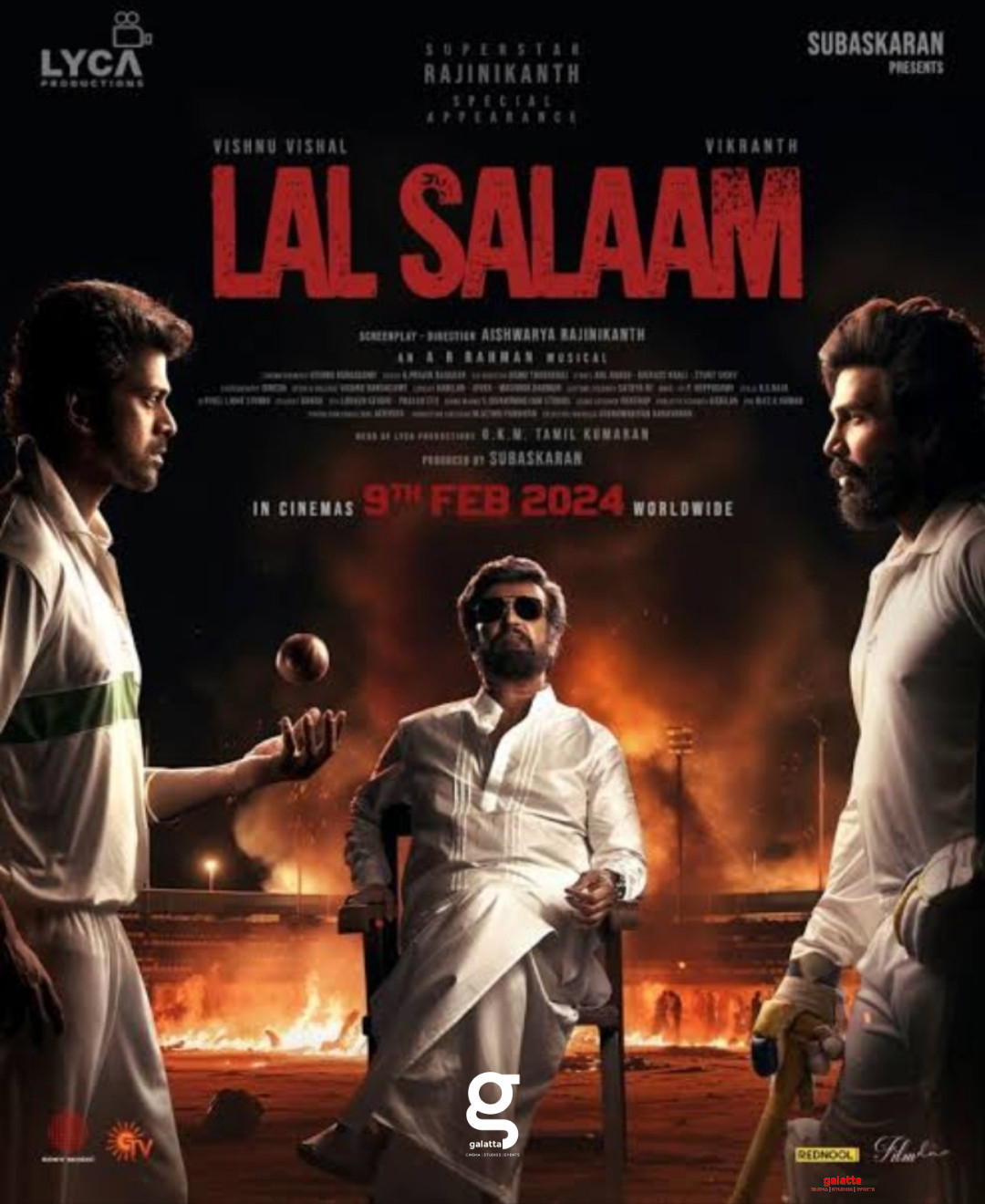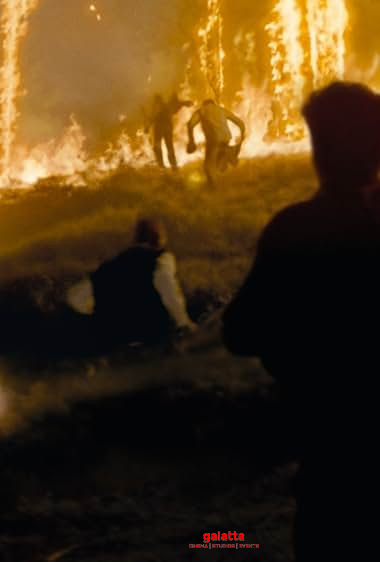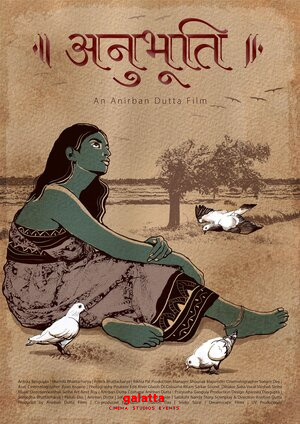In The Belly Of A Tiger Movie Cast & Crew
One of the most famous stories from the Bhagavata Purana is that of the elephant named Gajendra, who was attacked by a crocodile. Gajendra was abandoned by his herd, and, all alone, he called out to Lord Vishnu to save him. The God killed the crocodile and saved Gajendra. This episode appears as a play staged in a village in Siddartha Jatla’s In the Belly of a Tiger, where the actor playing Vishnu tells Lakshmi that He will be there for his devotees whenever they are in pain. Apparently, everyone in the village is a devotee. We get a flashback where a grandmother tells legends about Vishnu to her grandson. And the audience of this play offer a prayer to the actor playing Vishnu, as though he were really Lord Vishnu. But despite the actor’s promises, despite the pain of these present-day Gajendras, there is no saviour in sight.
The people of this village are farmers who lost their lands because of the debts they incurred. But first, where is this village? Yes, the people speak Hindi – but it could be anywhere in India. The tiger of the title is, after all, the national animal. So when we hear about a tiger preying on these villagers, we could read this as an India whose march towards capitalism has chewed up and left behind people like these villagers. The collective is embodied by the family consisting of Bhagole and Prabhata (Lawrence Francis, Poonam Tiwari), their son Saharsh (Sorabh Jaiswar), and Saharsh’s two little daughters. The sight that greets them when they return to the village after failed attempts at finding work in the city is that of an old man (about Bhagole’s age) who has been mauled by a tiger. Was it an accident? Or did the man go to the forest and sacrifice himself to the animal so that his family could collect compensation money?
Meanwhile, Saharsh gets a daily-wage job in a brick-making factory. The managers there talk of bringing in outsiders for work because they would charge half of what the locals are paid. But then they realise that the locals are so desperate that they will themselves work for half-rate. At the factory, Saharsh meets a family of four that works there. The mother is pregnant. An unspoken bond develops between them, the way new prisoners might bond in a cell. When asked to produce 1000 bricks a day, it probably helps to know that you are not alone. The manager exploits the family in other ways, too. He has the mother cook for special guests. He has the little girl run all the way to the store outside and run all the way back with an ice cream for his son. This is a heart-stopping sequence. Will the ice cream melt before the girl gets back? Will the cone crumble?
In the stage play of Gajendra Moksha, we hear the line that one cannot escape one’s destiny. If that is the case, then Saharsh – who his grandmother terms “too sensitive” – is doomed. At one point, his younger daughter asks him to play-act as an elephant. Saharsh, in other words, becomes a form of Gajendra – and the crocodile that has gotten hold of him is the merciless, exploitative System. In the absence of a Vishnu-like deliverer, these villagers are left to fend for themselves – and some of them, like Bhagole, help others as well. When you are at the brink of desperation, what does it matter if the few bucks you have go to your family or towards saving someone else’s family? Bhagole talks about faith. “We will find a way,” he says, without actually saying these words.
And thus we land on the most wondrous stretch of the film. Bhagole and Prabhata have known each other since they were children, and all these years later, they finally get the time and space to express their feelings for one another. Lawrence Francis, and Poonam Tiwari are phenomenally well-matched – and they bring to us the sense of a love that has stood the ages. And Lord Vishnu, finally, seems to have heard their prayers. Isn’t that why lotuses have bloomed magically, all over the village? Blending the comforting assurance of myth and the harshness of modern-day reality, Siddartha Jatla has made a movie whose substance we are familiar with but whose style transcends it. The surreal elements add to the feel of watching a celestial story unfold in the present day, a story where brutal realism can be borne with some amount of belief.



















